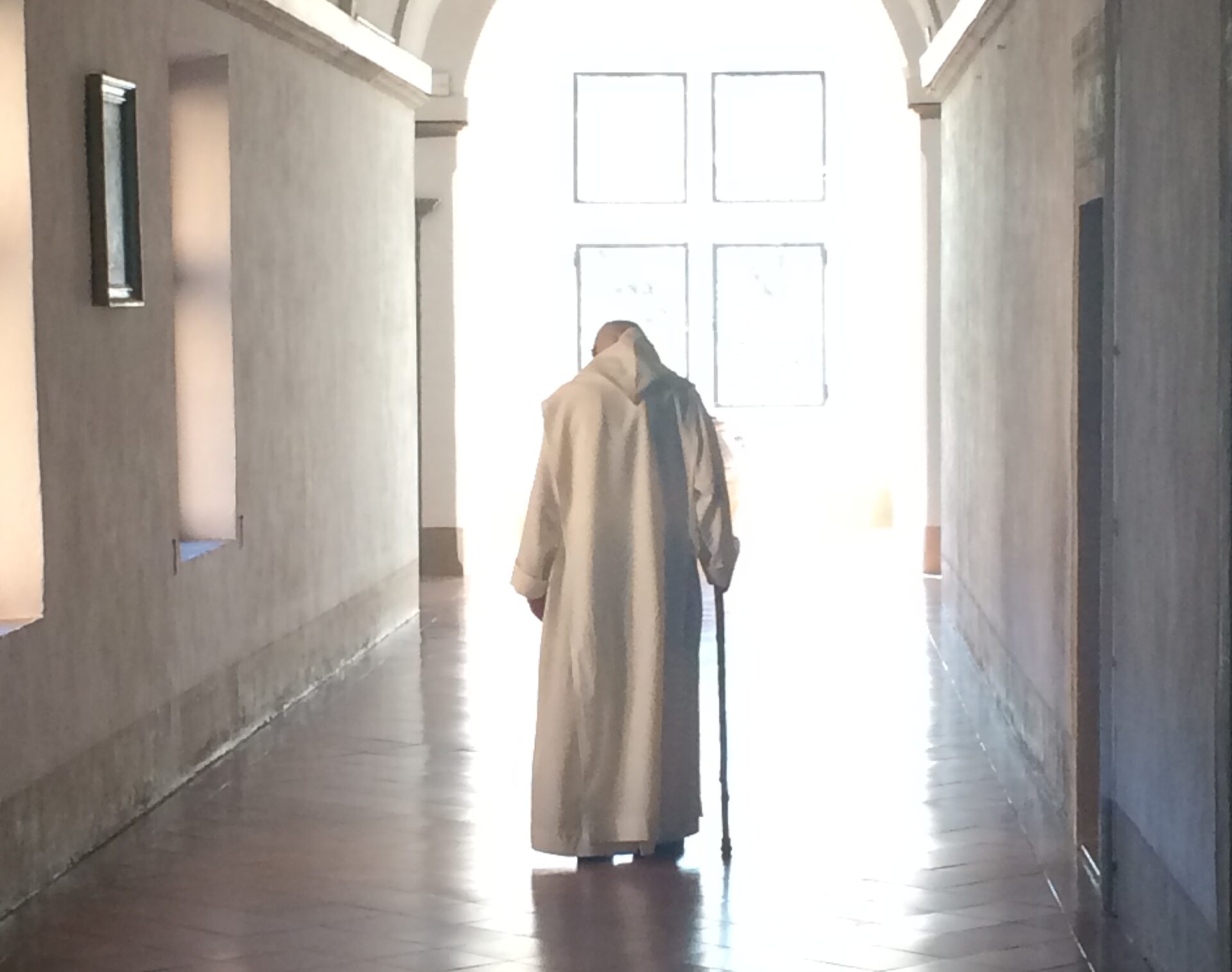Also Listen on:
Today’s gospel is about the Prodigal Son, as we usually call it. But more accurately it’s the parable of the two brothers. They are like two peas in a pod, of opposite natures and yet very similar. The conventional interpretation of the story is that it is about the sin and repentance of one and the hard-hearted self-righteousness of the other. The deeper meaning is not to judge by appearances and even not to judge at all.
Jesus taught by stories because they are a better medium to convey this kind of meaning. Stories adapt to fit each listener’s limited capacity to understand. In this way everyone comes away with something, even if it’s only a small bite of the cherry. Usually, his parables are electric with an unseen intention. Opposites are reconciled even as they are transcended. Yet they are too simple to understand at first and we defuse them by a moralistic interpretation that keeps the opposites safely polarised. So nothing really changes. Jesus was not a moraliser but a teacher of the wisdom of paradox.
The younger brother takes his piece of the cake and runs off away from home to squander it before coming to his senses and returning home with his script learned off pat and his tail deceptively tucked between his legs. I never felt convinced by the insincerity of his apology (Father, I have sinned against heaven and against you..) It is what he thinks will persuade his father not to punish him too much. ‘Restore me to my privileged position and I’ll be a good boy from now on’. By contrast, the elder brother who stayed at home, worked hard at everything and has a high moral credit score becomes bitter, angry and jealous when he sees that there is no just punishment for his brother doing what he may have wanted to do but didn’t. (You’ve never celebrated me but you lavish all your favours and attention on this irresponsible brother of mine).
The younger brother receives no punishment or even judgement. The Father is simply embarrassingly overjoyed to have him back. If this is the nature of God, we are in for a surprise when all our judgement of others and of ourselves collapses before a love that burns away the past and illumines in a flash of lightning what has so long been dark.
The older brother’s negative reaction does not evoke anger or threat from his father but the strange reality of the divine yearning for us. It is revealed with disarming transparency – a declaration of love which plunges us deep into mystical wisdom’s most intimate truths and the self-disclosure of the divine love: ‘you are with me always and all I have is yours’. This ultimate statement of the nature of God transcends our capacity for moral judgement. The revealing of the purpose of existence makes judgement a thing of the past. We are hearing a declaration of love for the human by the source of being and it touches us in all our unworthiness and inadequacy.
The two boys could not be more dissimilar. One shows the selfish ego looking for pleasure and self-fulfilment. The other shows the self-satisfied ego which secretly craves notice and approval. Yet they are painfully alike in their total failure to understand the nature of the father’s love for each of them in equal measure, the one who was lost and was found and the other who never wandered away.
The same sunlight falls on good and bad alike transfiguring them both.





